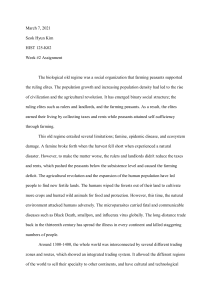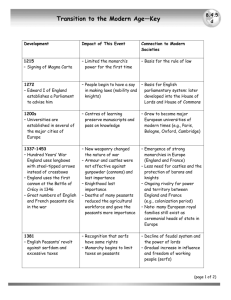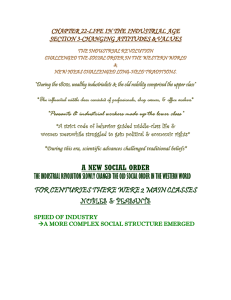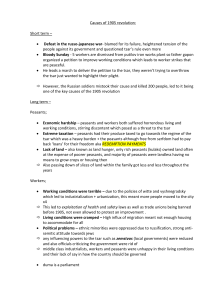I have neither given nor received unauthorized assistance on this... Kristopher Brock
advertisement
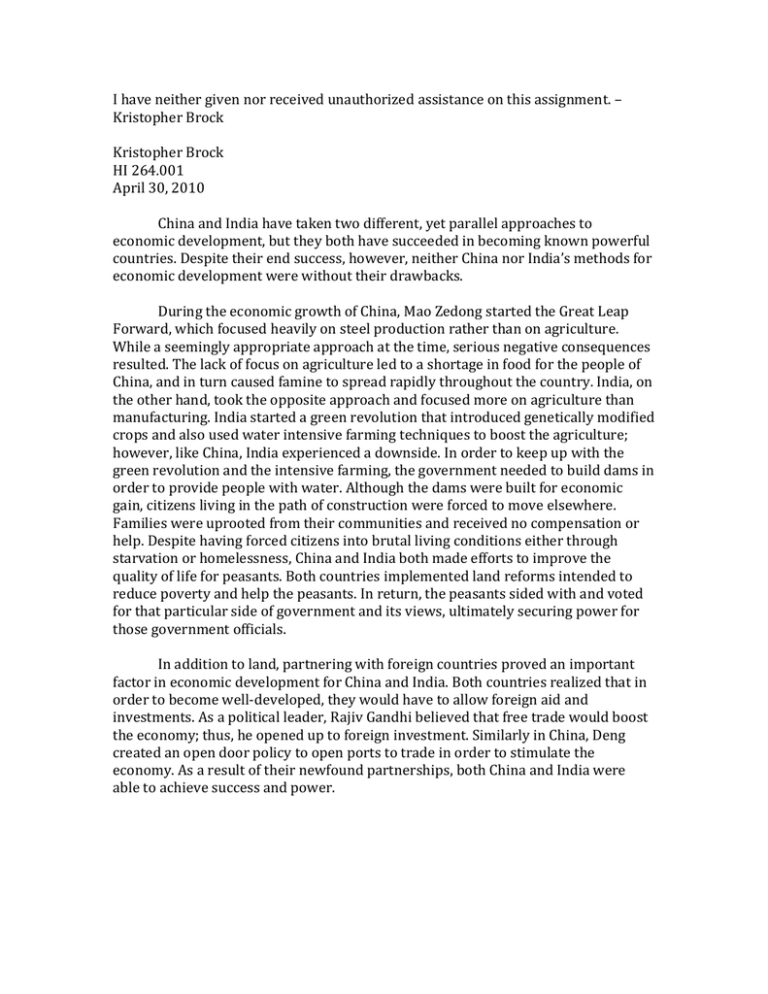
I have neither given nor received unauthorized assistance on this assignment. – Kristopher Brock Kristopher Brock HI 264.001 April 30, 2010 China and India have taken two different, yet parallel approaches to economic development, but they both have succeeded in becoming known powerful countries. Despite their end success, however, neither China nor India’s methods for economic development were without their drawbacks. During the economic growth of China, Mao Zedong started the Great Leap Forward, which focused heavily on steel production rather than on agriculture. While a seemingly appropriate approach at the time, serious negative consequences resulted. The lack of focus on agriculture led to a shortage in food for the people of China, and in turn caused famine to spread rapidly throughout the country. India, on the other hand, took the opposite approach and focused more on agriculture than manufacturing. India started a green revolution that introduced genetically modified crops and also used water intensive farming techniques to boost the agriculture; however, like China, India experienced a downside. In order to keep up with the green revolution and the intensive farming, the government needed to build dams in order to provide people with water. Although the dams were built for economic gain, citizens living in the path of construction were forced to move elsewhere. Families were uprooted from their communities and received no compensation or help. Despite having forced citizens into brutal living conditions either through starvation or homelessness, China and India both made efforts to improve the quality of life for peasants. Both countries implemented land reforms intended to reduce poverty and help the peasants. In return, the peasants sided with and voted for that particular side of government and its views, ultimately securing power for those government officials. In addition to land, partnering with foreign countries proved an important factor in economic development for China and India. Both countries realized that in order to become well-developed, they would have to allow foreign aid and investments. As a political leader, Rajiv Gandhi believed that free trade would boost the economy; thus, he opened up to foreign investment. Similarly in China, Deng created an open door policy to open ports to trade in order to stimulate the economy. As a result of their newfound partnerships, both China and India were able to achieve success and power.

